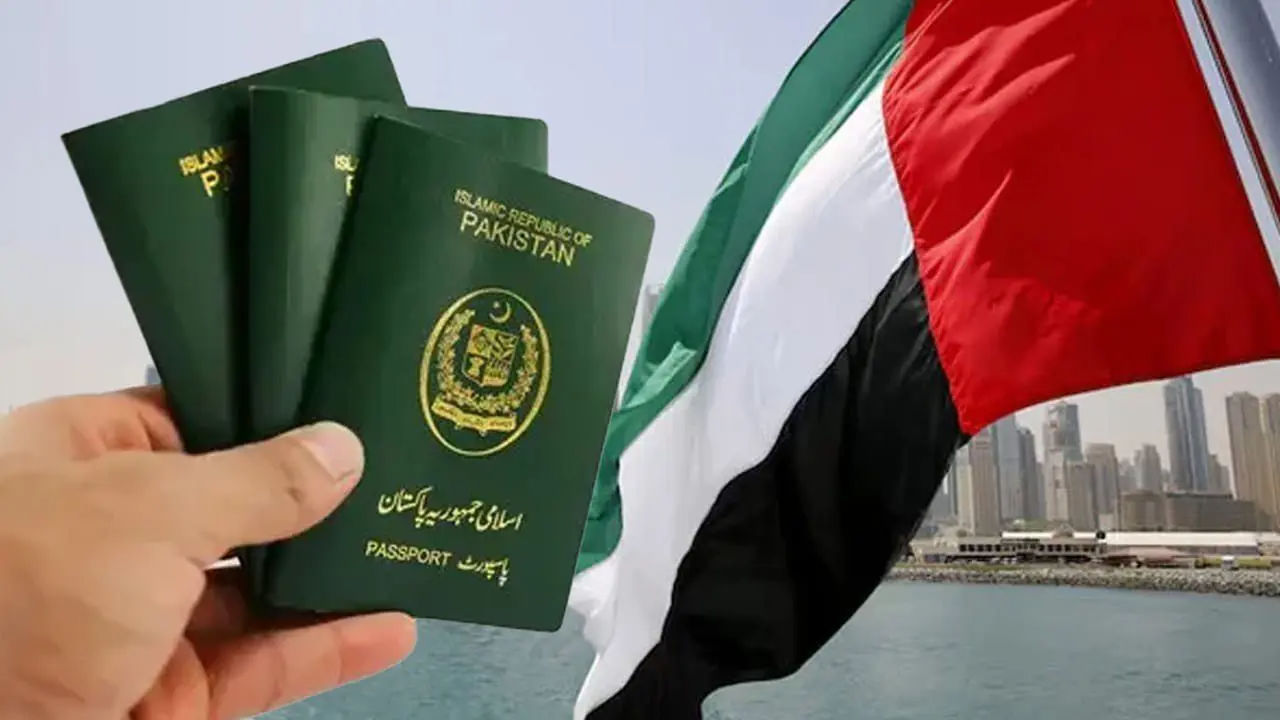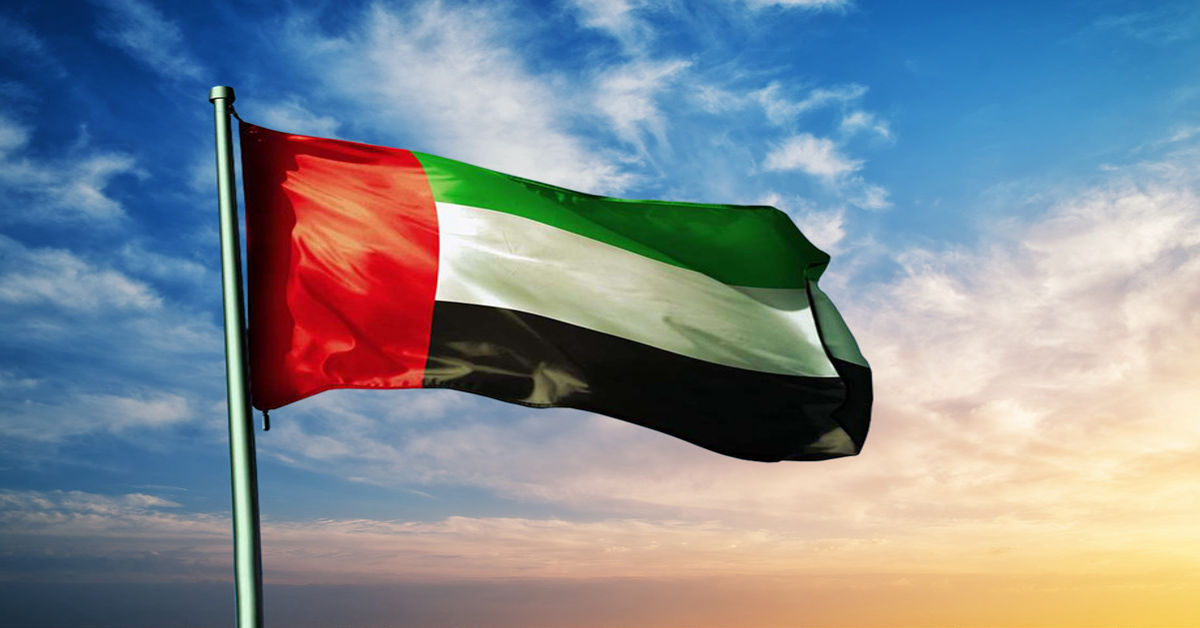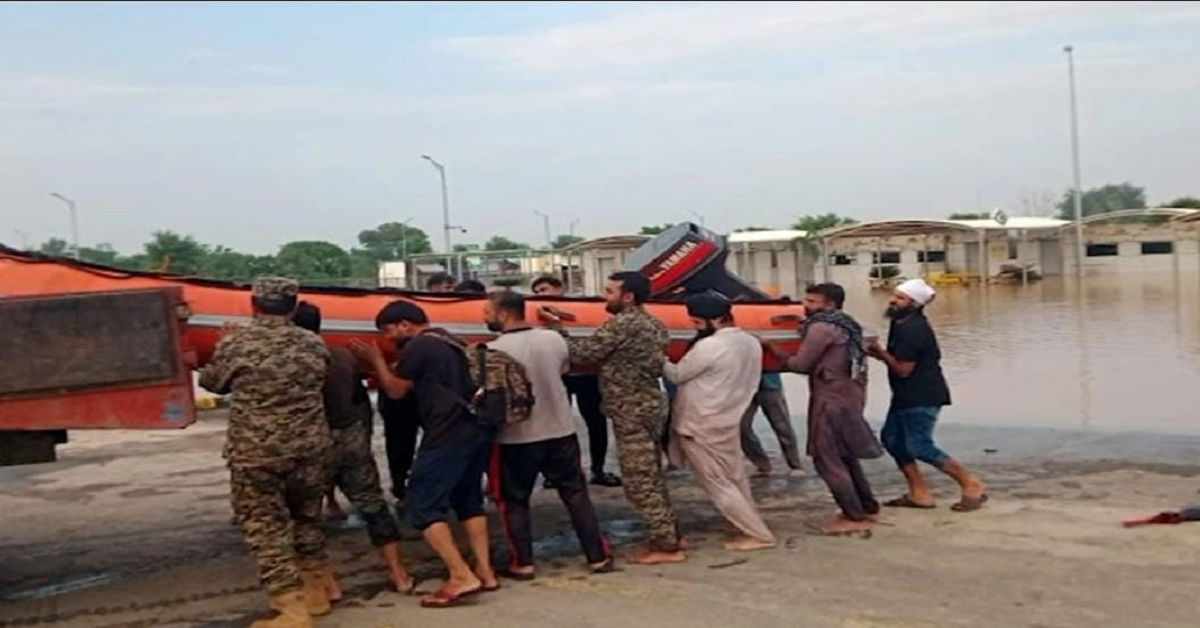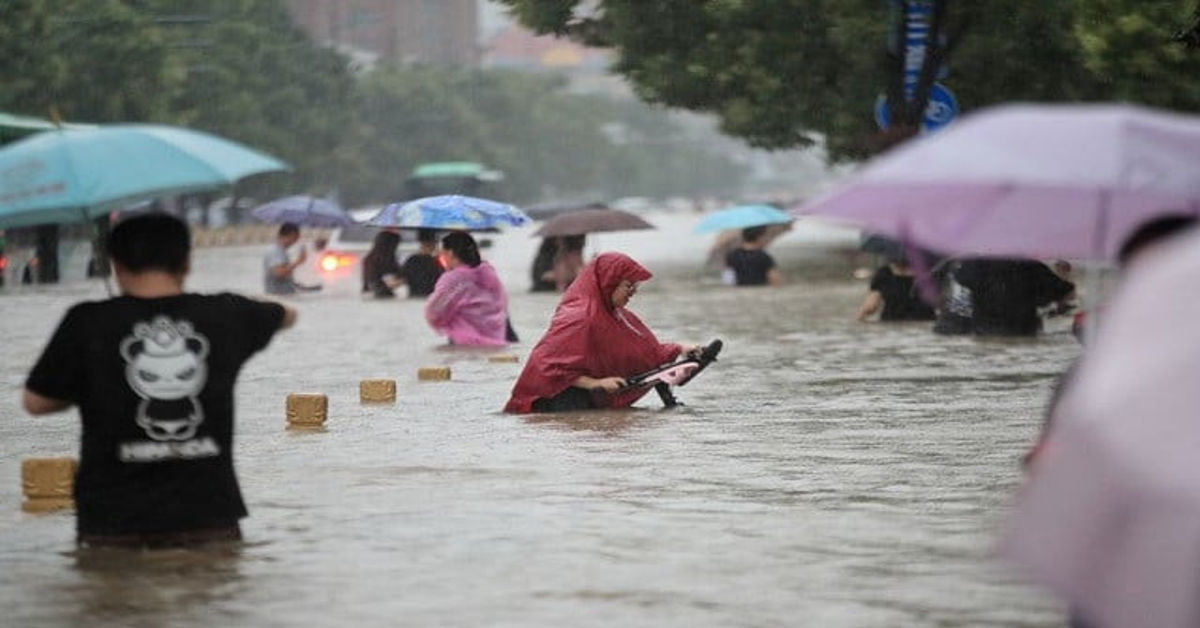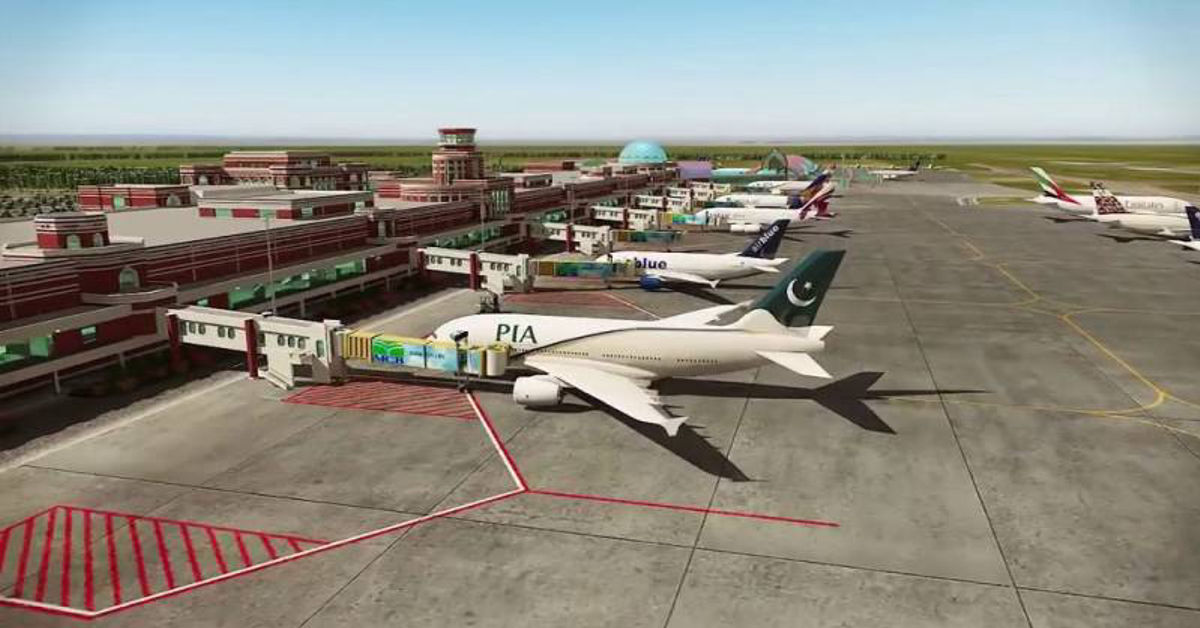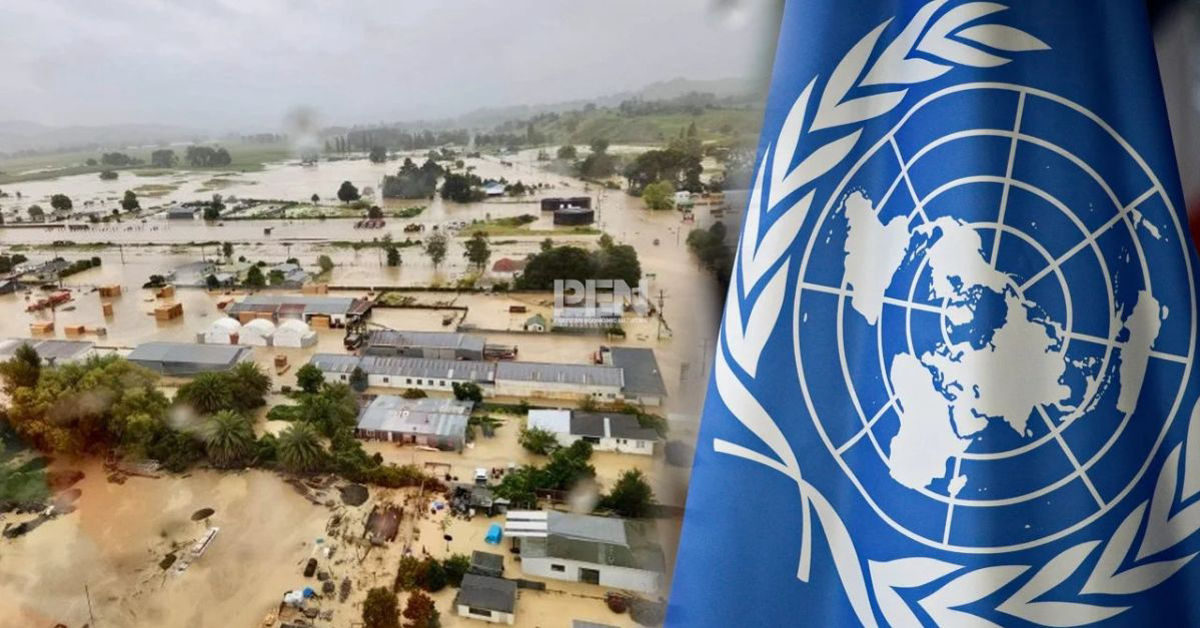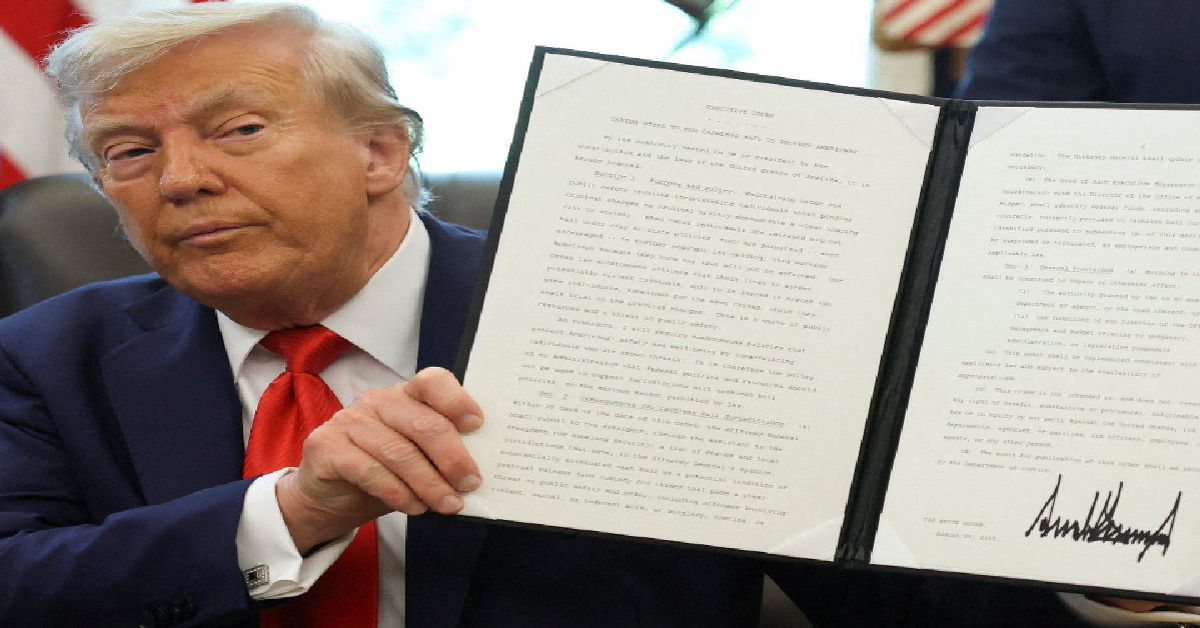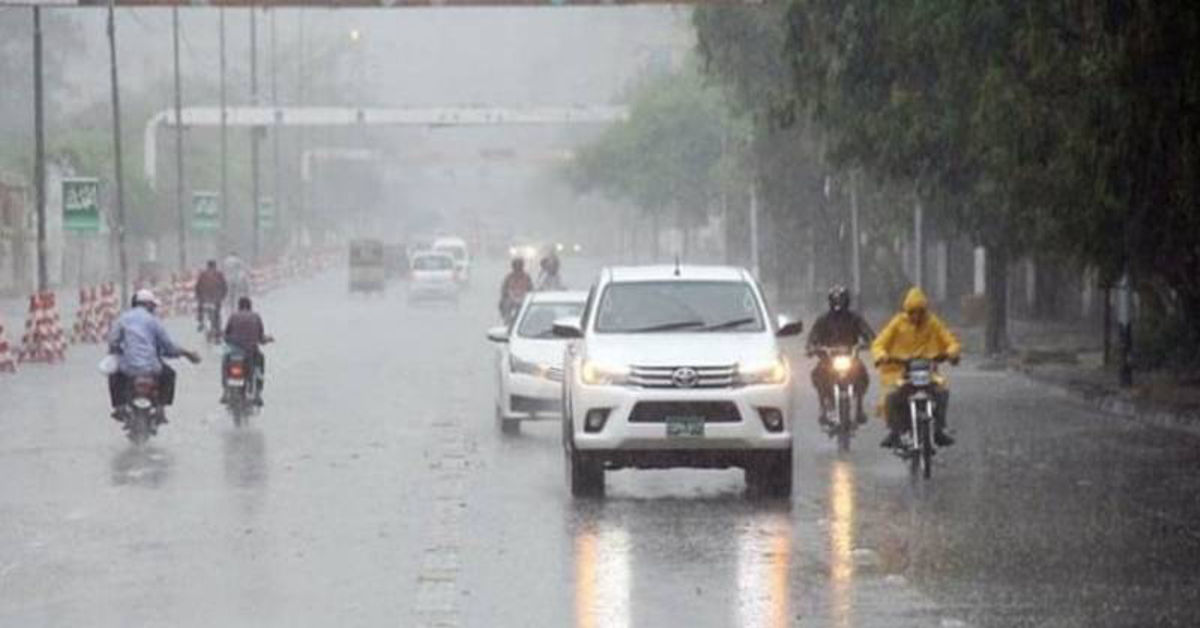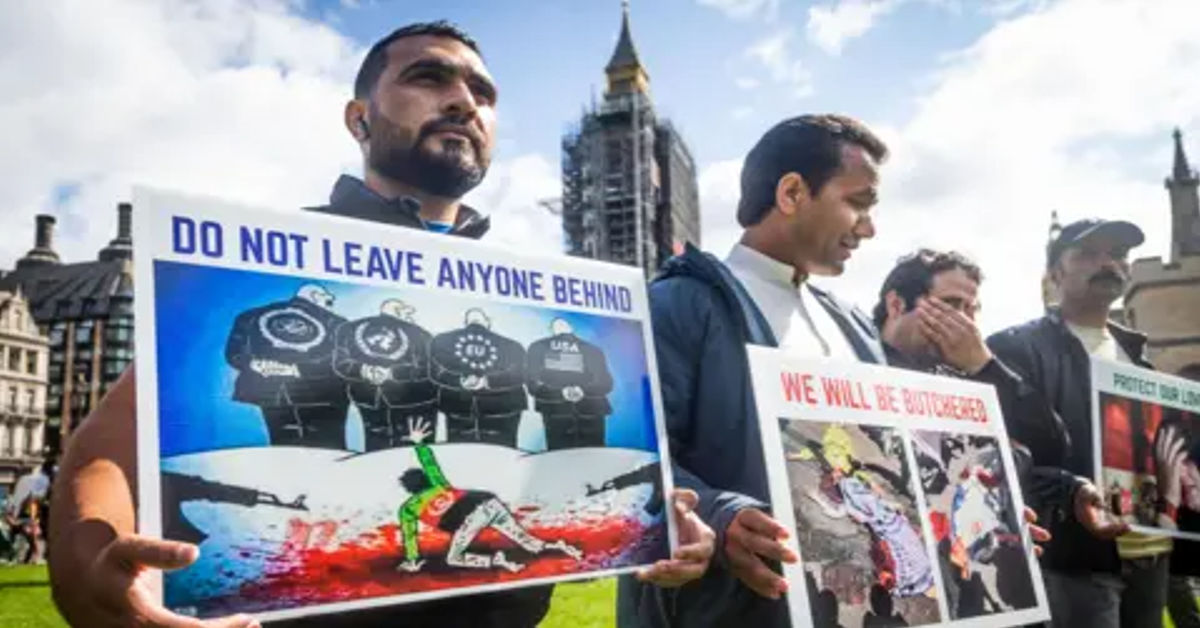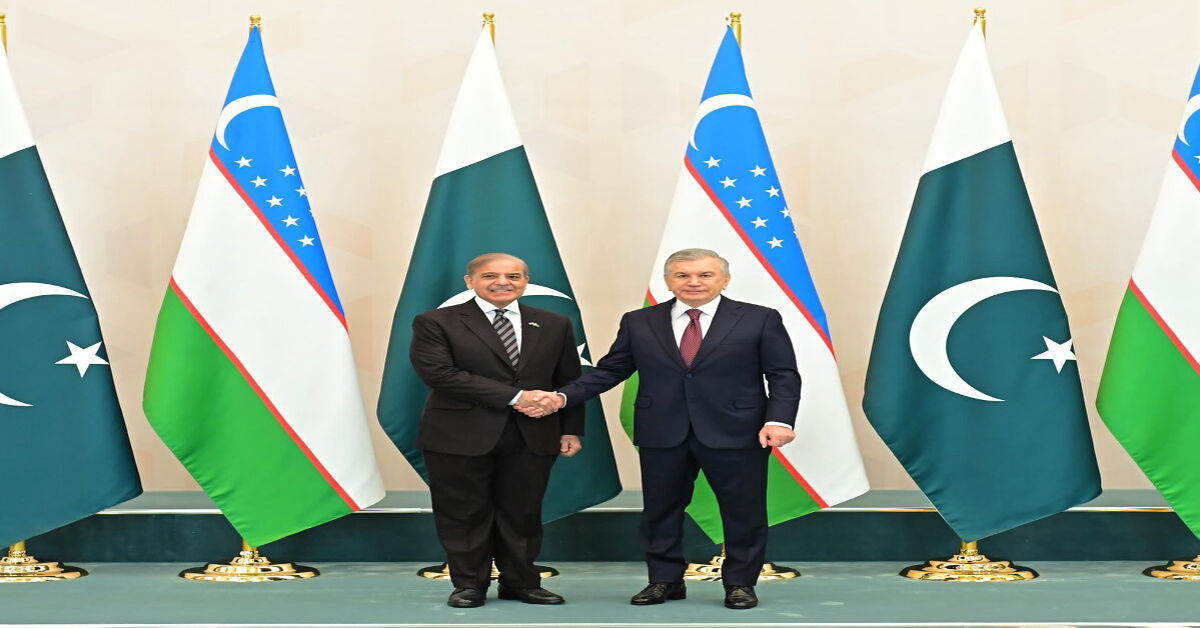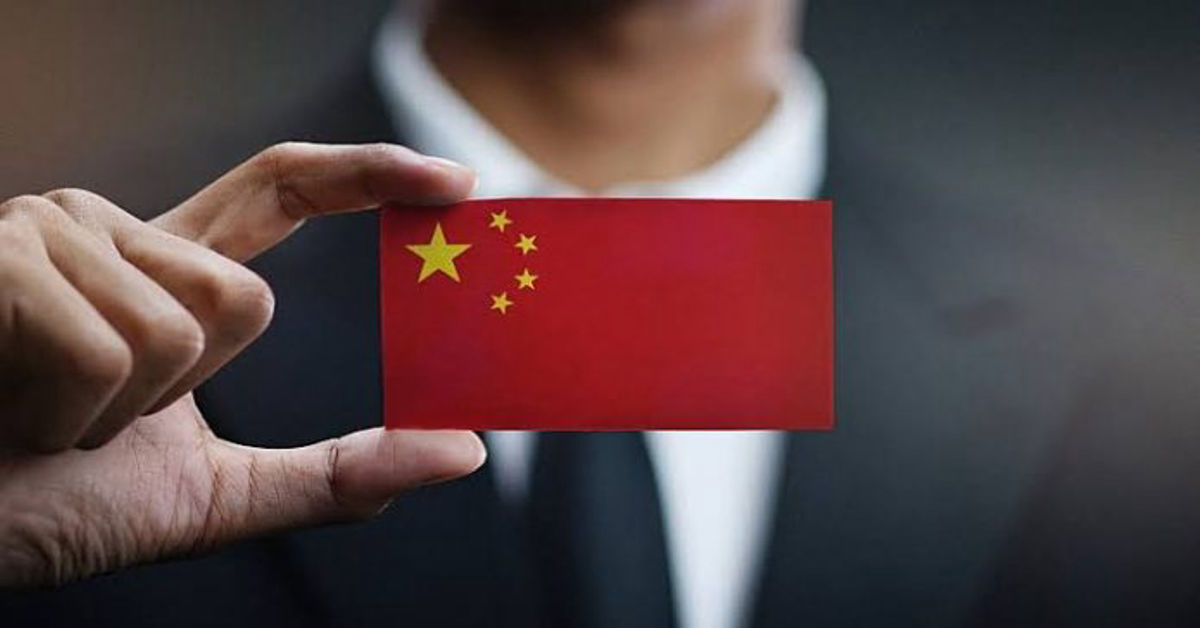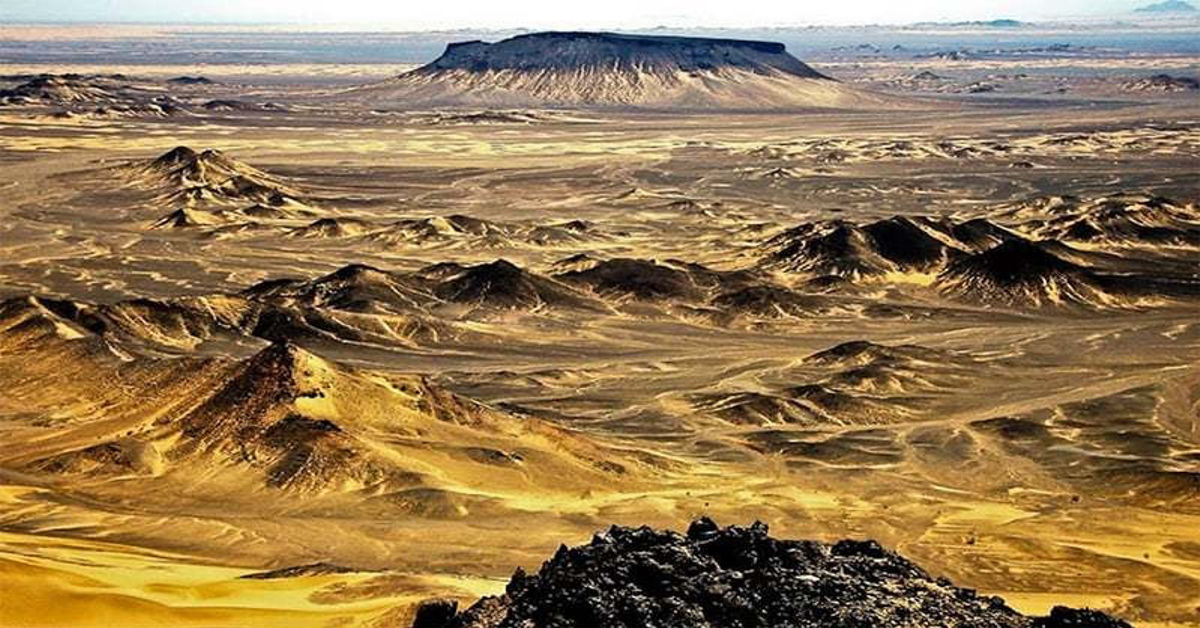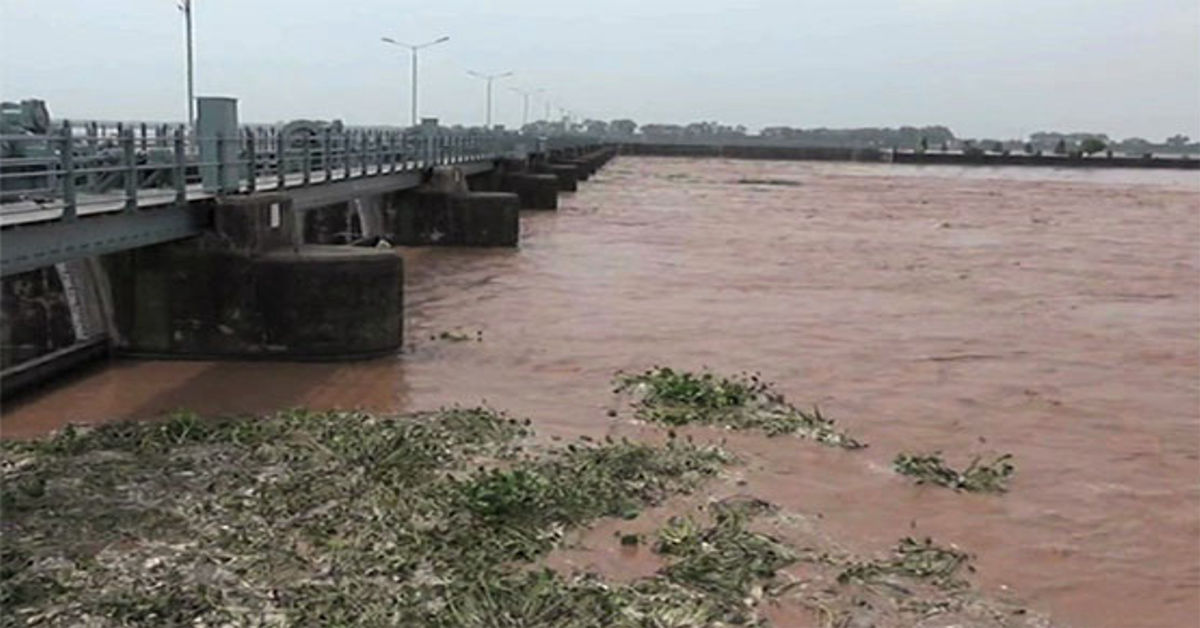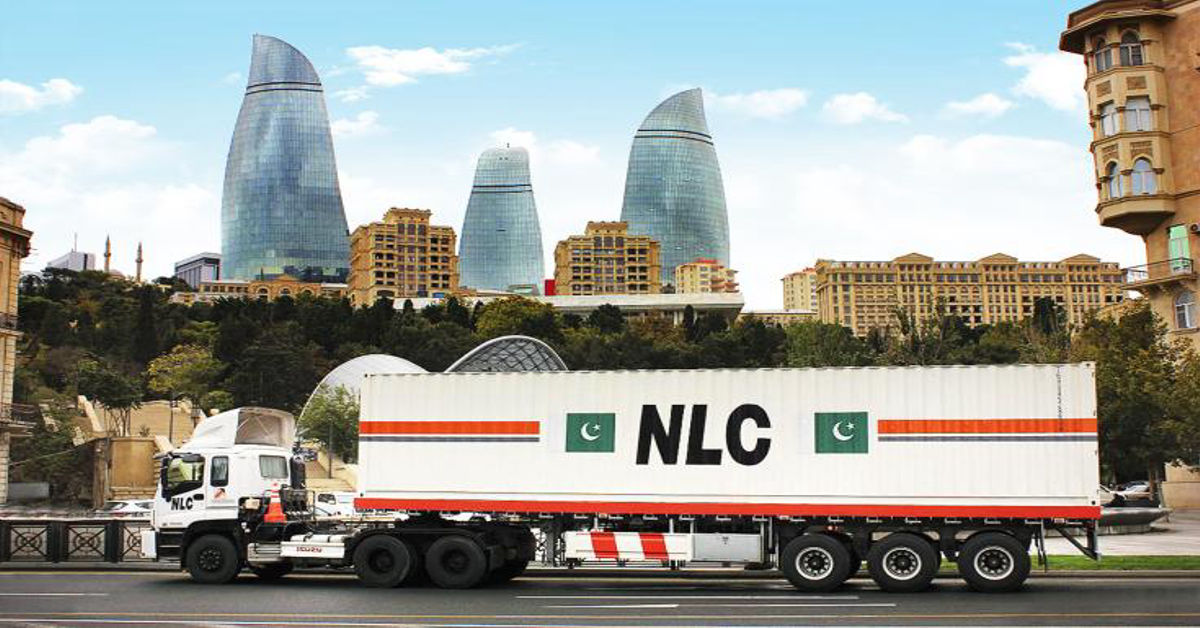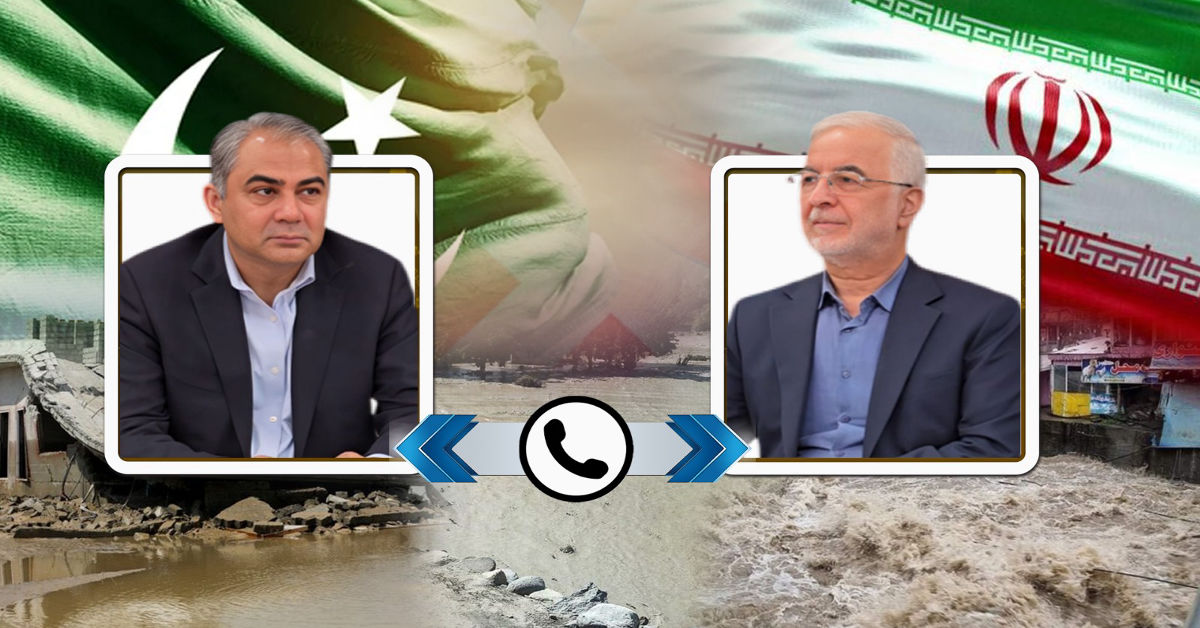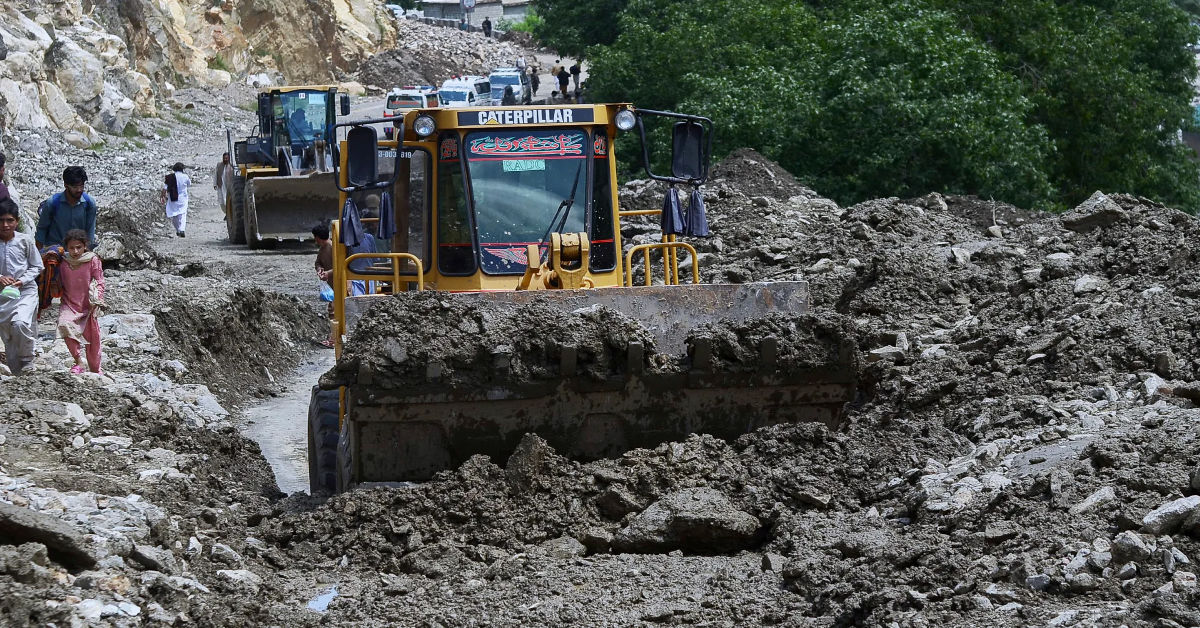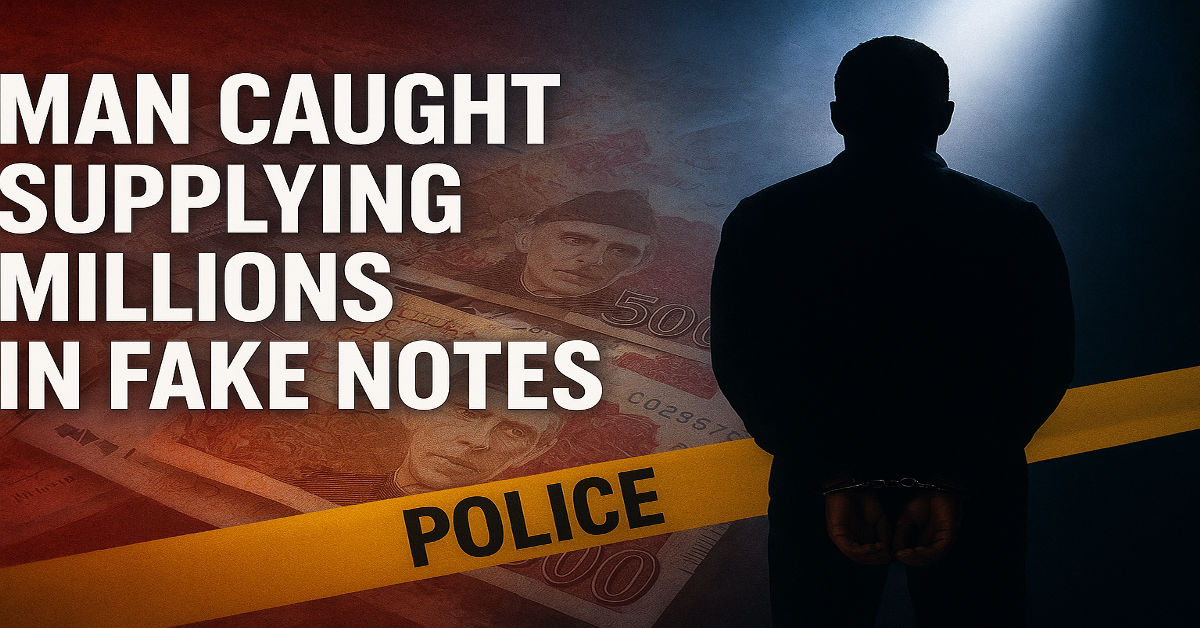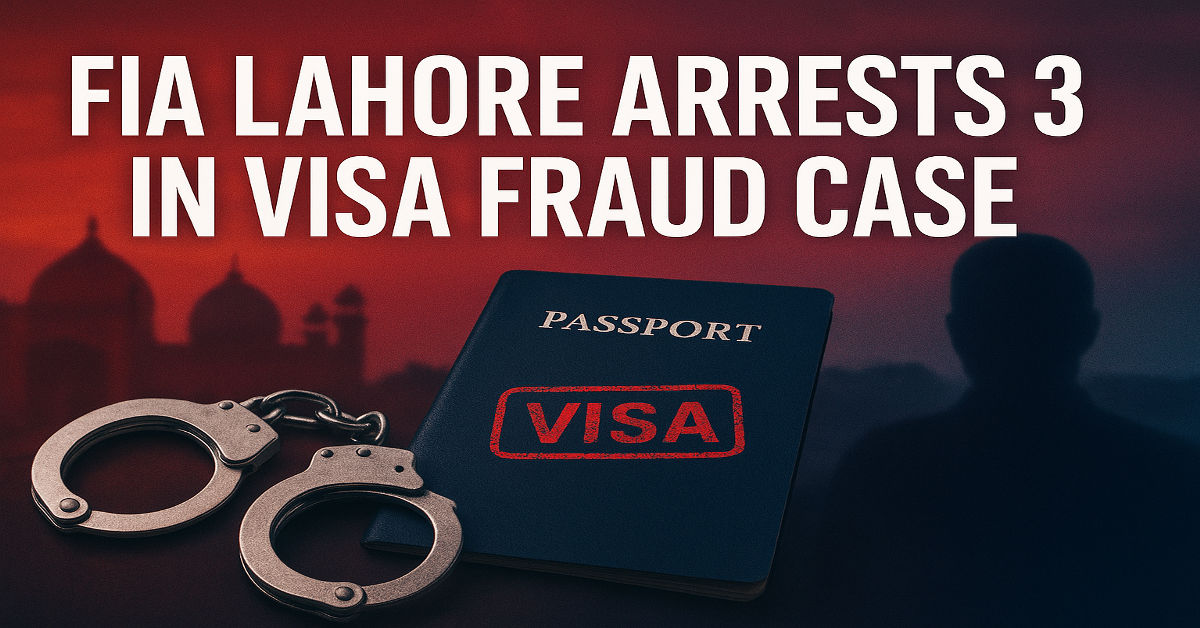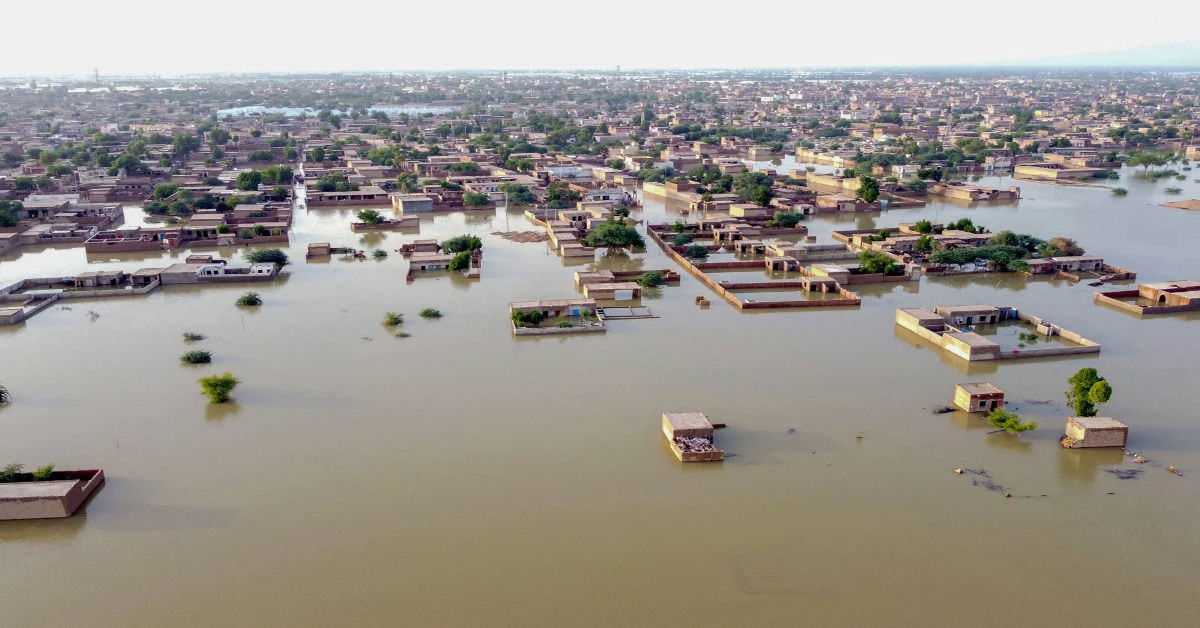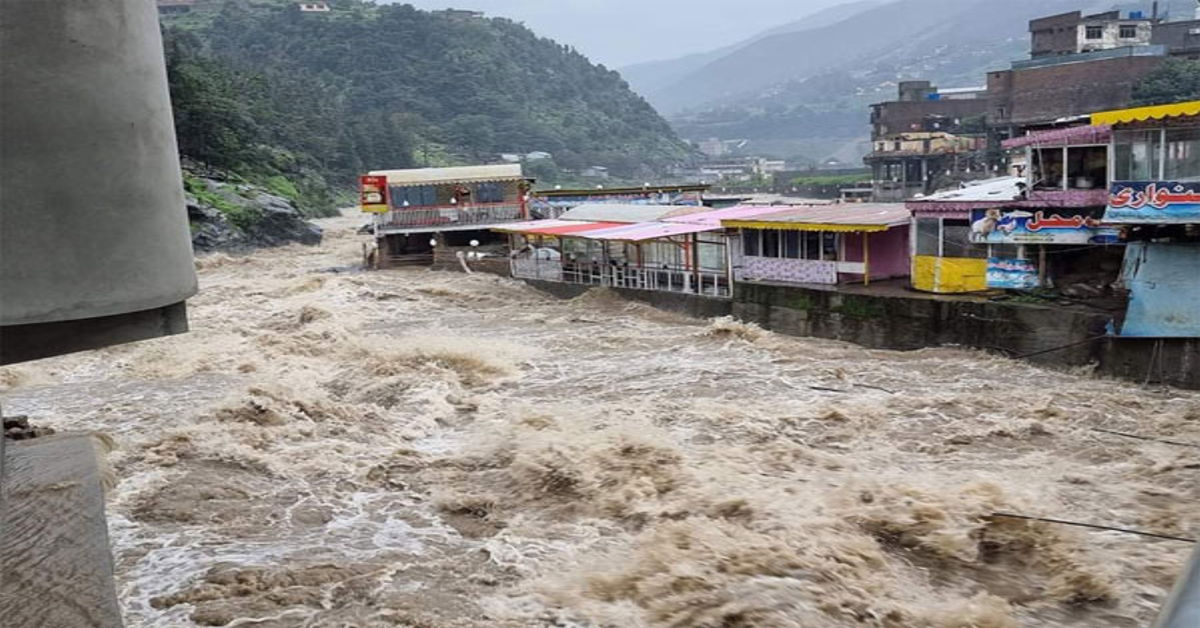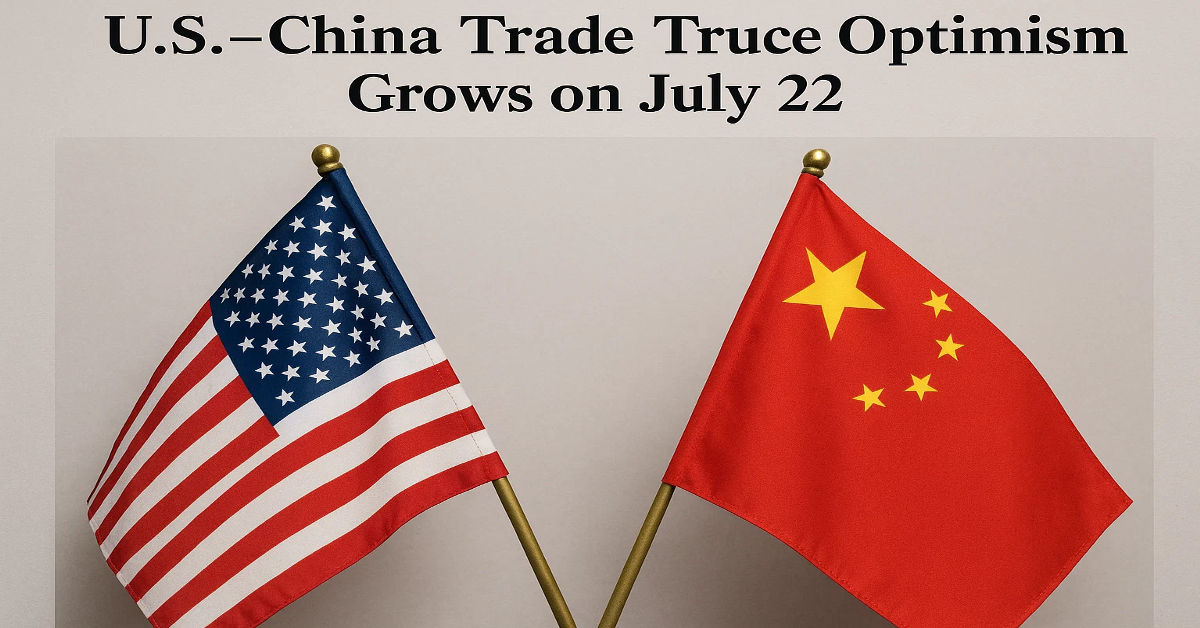
This is a radical and momentous decision by Ireland to stand out and be the first country in Europe to ban importation and trading of goods that originates in Israeli settlements in the West Bank and East Jerusalem. The growing international attention to this issue can drive people to follow this revolutionary action and begin to question the legality and human rights implications of such settlements. The Irish legislators enacted the law in tune with international legal norms in the hope of conveying one strong message economic activities cannot promote illegal occupation.
The International Law and the Settlements
The West Bank and East Jerusalem settlements by Israelis has always formed an international political hotbed. International law regards such territories as occupied regions, and it considers the construction of settlements a violation of the Fourth Geneva Convention. On July 19, 2024, the International Court of Justice (ICJ) issued an advisory opinion restating that these settlements are illegal. This Irish judgment appears soon after this decision and Ireland is currently changing its own laws to fall in line with this international opinion.
Legislative Response of Ireland
The bill was proposed by Irish foreign minister Simon Harris who indicated that the bill is only meant to address the illegal settlements but not to attack Israel in general. The measure is also a revision of the Customs Act 2015 in Ireland, which is now a crime to import wares manufactured in territories that the ICJ has considered illegal. According to Harris, this action shows the strong Irish support to human rights, the rule of law and peaceful two-state solution to the Middle East area.
Manner in which Law would Enforced
The Irish government will use the available European Union tools, which will include the settlement postal codes in order to make the law practical and implementable. Authorities can use these codes to differentiate products made within Israel’s internationally recognized borders from those produced in the controversial settlements. This would be efficient to monitor and reduces the rate of confusion and identification of products at the point of custom.
Responses and International Defects
The action by Ireland has been of interest in the entire Europe and the rest of the world. Human rights groups and pro-Palestinian interest groups highly commend the decision as a step towards accountability and justice. Nevertheless, some critics accuse the law of being biased or politically motivated. Although the trends have been varied, the case of Ireland is likely to affect other countries particularly the European Union countries which have trade links with settlement-based industries to rethink their trade relations with them.
Political and Diplomatic Considerations
Regarding the international law and fair practices regarding trade, this legislation makes Ireland a critical voice of international law. It should be understood by all concerned that the moves by Simon Harris are not an anti-Israel move but a legal position against operations in occupied lands, he clarified. The way Ireland has positioned this law aims at keeping diplomatic consequences to a minimum, and yet promoting a principled stand. It also provides a possibility of greater arguments on trade and human rights in the EU and the United Nations.
Irish and their support of Palestinian Rights
On the issue of Israel-Palestine, Ireland has always held a firm position mostly by constantly stressing the importance of peaceful solution and the observance of human rights. The European Parliament has already seen the Irish Parliament endorse a few motions in promotion to Palestinian statehood, and the local Irish population is tending towards pro-Palestinian self-determination. This is a continuation of this tradition that now makes Ireland stronger in its ability to respect international norms and govern ethically.
Economic Business Implications
Although the number of products imported to Ireland produced in the settlements of Israel is not very big, still the new regulation will make companies and retailers revise their supply chain. Irish companies will also require ensuring that the imported items meet the new requirements to evade sanctions. People expect the government to direct and recommend ways for companies to embrace the changes without significantly disturbing trade.
Becoming a Precedent to the European Union
Being an EU member country, new legislation in Ireland may open the door to the continental action. Though EU has already provided directions in terms of labelling the products of settlements, it had not acted to initiate full import ban, which has changed now. The move by Ireland can serve as an example to others particularly the countries which bear high civil societies and thriving human rights lobby. In case other EU member-states follow suit, the countries can find a change in their trade and foreign policy towards the Middle East.
Conclusion
The Irish step to block goods produced in Israeli settlements on West Bank and East Jerusalem is a breakthrough in the foreign reaction to the Israeli-Palestinian war. Ireland has based its activities on international law and human rights, and it has provided a moral foundation and precedent that others can follow. This is not a law based on the economic pressure in itself, it is a law that makes national policy act in accordance with fairness, justice and accountability. The world is no longer remaining silent, and Ireland has made it clear that ethical approaches are inseparable from trade. By supporting peace, Ireland is taking a stand when it truly matters.






